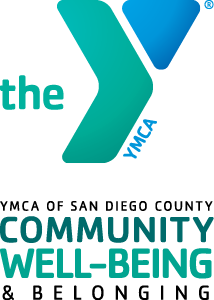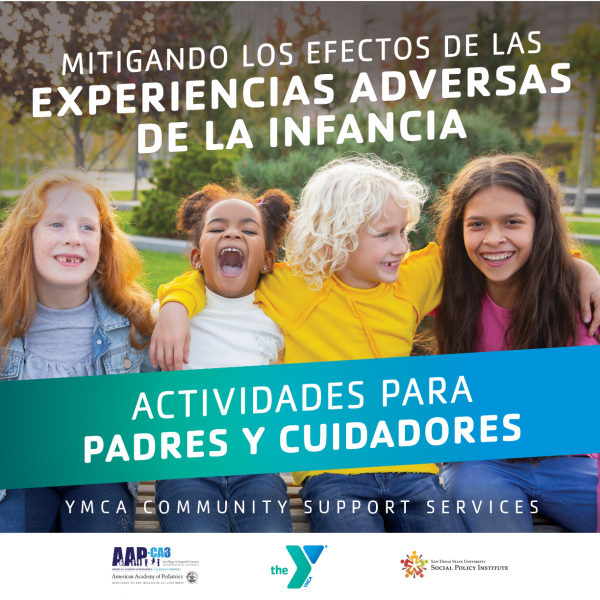Everyone needs positive, nurturing and supportive relationships. Friendships, social connections and networks of support are important for self-care, emotional health and well-being.
5 THINGS TO KNOW AND TRY
- We all have different social needs. Think about which social interactions fill you up and which wear you down. For some, celebrating a birthday is exhausting while others leave feeling connected to a community. Explore different options for connecting. How many people do you prefer? Are live interactions better than connecting through written cards or letters? How often feels right for connecting with others?
- Maintain relationships with supportive family members. Visiting with family in-person is ideal, and video calls or phone calls can be just as good! Children will learn about their family cultures, histories and traditions, and feel a sense of belonging and kinship.
- Take an interest in children’s social lives. Nurture friendships between your child and their friends. Helping children build friendships with their peers is a great way to teach them the value of positive social connections. Skills to identify and maintain strong and stable friendships will carry long-term benefits into adulthood.
- Strong and stable relationships extend beyond family and friends. Consider building adult friendships with those you work with, learn with, who share your spiritual ideas, or are neighbors in your community.
- Offer a listening ear or support those who trust you. With time, these compassionate acts can nurture relationships and will eventually grow into reliable and supportive connections.
SPOTLIGHT IDEA
Attend a virtual Community Café to connect iwth other parents and caregivers. Join the Community Café interest list today!
DOWNLOAD FULL E-BOOK
LEARN MORE ABOUT ADVERSE CHILDHOOD EXPERIENCES








